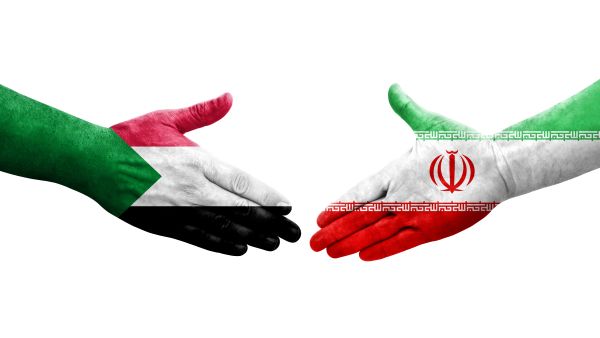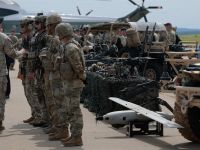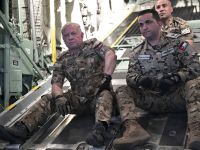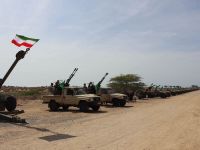ALBAWABA - Iran and Sudan exchanged ambassadors on Sunday, nine months after agreeing to resume diplomatic ties after a seven-year severance.
Last October, Tehran and Khartoum declared in a joint statement the resumption of diplomatic relations, seven years after Sudan opted to break ties with Iran following an attack on the Saudi embassy in Tehran.
Sudan's Chairman of the Transitional Sovereignty Council and army chief, Abdel Fattah al-Burhan, welcomed Iran's new ambassador, Hassan Shah-Hosseini, to Port Sudan on Sunday and appointed Abdelaziz Hassan Saleh as the African country's ambassador to Tehran.
Sudanese Foreign Ministry Undersecretary Hussein al-Amin stated that the reconciliation is "the beginning of a new phase in the course of bilateral relations between the two countries,".
Following the expiration of a UN arms trade ban in October, a group of Sudanese officials visited Iran to purchase Iranian-made drones shortly after Iran and Sudan decided to resume ties last year.
Informed sources disclosed to Iran International, that the delegation's primary goal was to learn about the operation and use of drones, which have been seen being used in situations such as Russia's war on Ukraine.
In February, the US expressed worry over Iran's purported weaponry transfers to Sudan's military.
John Godfrey, the US ambassador to Sudan, stated that Washington was "deeply concerned by external support" for the Sudan Armed Forces and the competing Rapid Support Forces.
"There are reports about resumed ties between Sudan and Iran that could reportedly include Iranian materiel support to Sudanese Armed Forces, which is also very troubling and a source of great concern for us," Godfrey stated.
With the Sudanese army in control of the Red Sea, a major Iranian presence would concern Western countries, as Yemen's Houthi, on the opposite side of the important maritime transit corridor, have been shooting on international commerce since the Israel-Hamas conflict.







